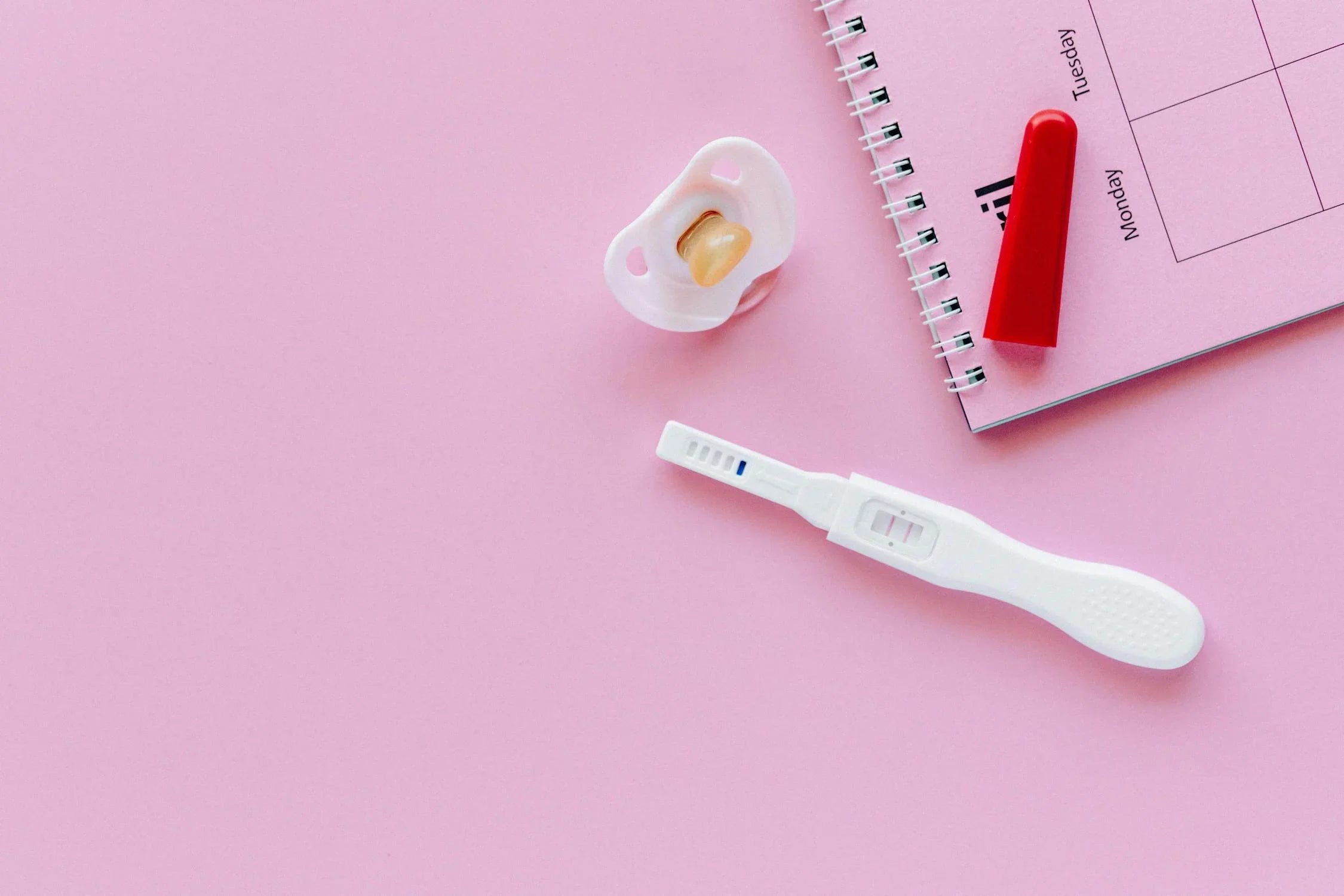Startseite
Pregnancy, Breastfeeding, and Pumping: The Ultimate Guide for Moms
How Early Does a Pregnancy Test Work After Conception

How Early Does a Pregnancy Test Work After Conception
Pregnancy tests are a crucial tool for anyone trying to conceive or avoid pregnancy. But how early does a pregnancy test work after conception? Understanding the timing and science behind these tests can help you get accurate results and reduce unnecessary stress. Let’s dive into the details.
The Science Behind Pregnancy Tests
Pregnancy tests detect the presence of human chorionic gonadotropin (hCG), a hormone produced by the placenta after a fertilized egg attaches to the uterine lining. hCG levels rise rapidly in early pregnancy, doubling approximately every 48 to 72 hours. Most tests are designed to detect hCG in urine, though some blood tests can measure it even earlier.
When Does Conception Occur?
Conception typically occurs when a sperm fertilizes an egg, usually within 24 hours of ovulation. After fertilization, the egg travels down the fallopian tube and implants into the uterine lining, a process that takes about 6 to 12 days. It’s only after implantation that hCG production begins.
How Early Can a Pregnancy Test Detect hCG?
Most over-the-counter pregnancy tests claim to detect pregnancy as early as the first day of a missed period. However, some sensitive tests can detect hCG levels as low as 10 mIU/mL, potentially providing accurate results 7 to 10 days after conception. Blood tests, on the other hand, can detect hCG levels as early as 6 to 8 days post-ovulation.
Factors Affecting Test Accuracy
Several factors can influence how early a pregnancy test works after conception:
- hCG Levels: The sensitivity of the test and the concentration of hCG in your urine play a significant role.
- Timing of Implantation: If implantation occurs later than average, hCG production may be delayed.
- Test Sensitivity: Tests with lower hCG detection thresholds can provide earlier results.
- Urine Concentration: Using first-morning urine, which is more concentrated, can improve accuracy.
Tips for Accurate Testing
To maximize the accuracy of your pregnancy test:
- Wait until at least 7 to 10 days after conception for the most reliable results.
- Use first-morning urine for higher hCG concentration.
- Follow the test instructions carefully to avoid errors.
- If you receive a negative result but suspect pregnancy, retest after a few days.
Understanding False Positives and Negatives
False positives and negatives can occur for various reasons. False positives may result from certain medications, medical conditions, or evaporation lines. False negatives are more common and often occur when testing too early or using diluted urine. If you’re unsure about your results, consult a healthcare professional for confirmation.
The Role of Blood Tests
Blood tests, conducted in a medical setting, are more sensitive than urine tests and can detect lower levels of hCG. They are particularly useful for confirming pregnancy in its earliest stages or monitoring hCG levels in high-risk pregnancies.
When to See a Doctor
If you’ve received a positive pregnancy test, schedule an appointment with your healthcare provider to confirm the pregnancy and begin prenatal care. If you’re experiencing symptoms of pregnancy but receiving negative test results, consult a doctor to rule out other potential causes.
Knowing how early a pregnancy test works after conception can empower you to make informed decisions and reduce anxiety during this critical time. Whether you’re hoping for a positive result or not, understanding the process ensures you’re prepared for whatever comes next.
Teilen

